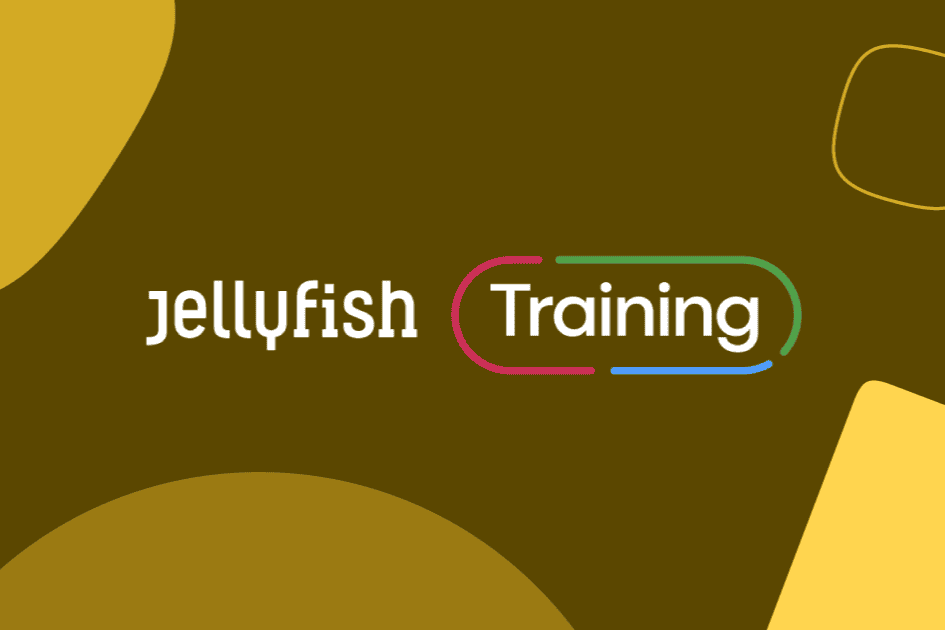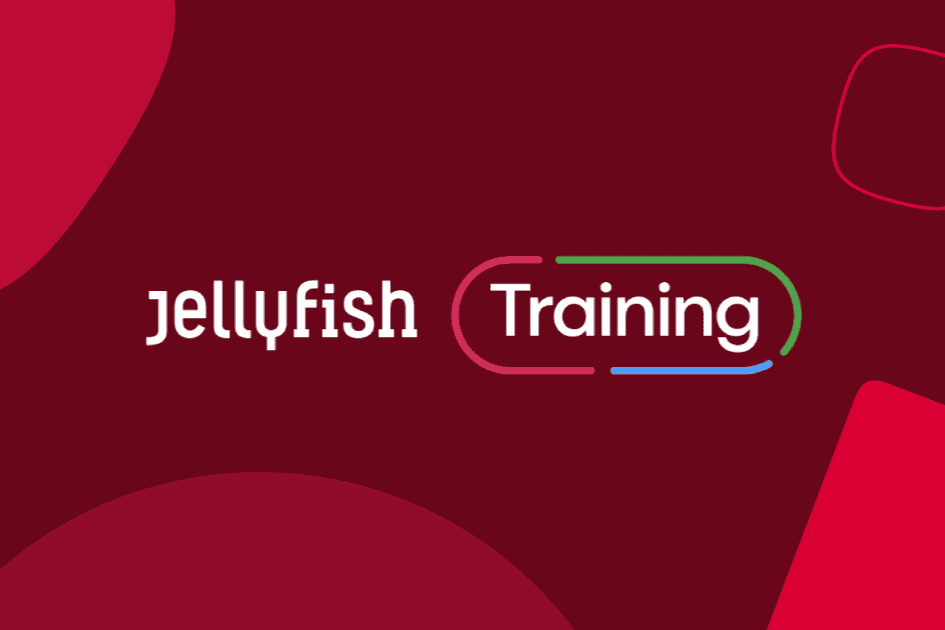Taught by experts who focus on creating engaging sessions to enhance learning, this course teaches you to write and understand advanced SQL queries.
During the session, we’ll cover multiple different types of filtering methods and subqueries, which will help you and your team to pull data confidently. You’ll also learn how to leverage SQL in Sheets to automate reporting streams, saving you precious time.
While the course is tailored to business and data analysts, no coding background is required.
This Fundamentals of SQL for Analysts course is available as a private training session that can be delivered via Virtual Classroom, at our training centre in The Shard, or at a location of your choice in the UK.
Course overview
Who should attend:
This course is ideal for business users who need to draw insights from data; data analysts who are responsible for data analysis and visualisation within their organisations; and people with a general interest in data science and working with big data.
What you'll learn:
By the end of this course, you will be able to:
- Understand how to work with data using SQL
- Work with the most important SQL functions to pull and manipulate data
- Translate the business questions into data-driven answers using SQL
- Build datasets that power business intelligence dashboards
- Apply these newly learned skills in a business context
Prerequisites
No prior technical or coding knowledge is required to take this course.
Course agenda
- Pulling and manipulating data from one table
- Filtering, aggregating and ordering the rows you need to answer your business question(s)
- Applying this knowledge to automate repetitive tasks in Google Sheets
- Combining data that comes from multiple tables
- Combining multiple tables by using joins, union and subqueries
- Creating new tables to store and update results for future use in dashboards or analysis
- Practise your skills: apply your knowledge to two different business cases


 2 day course
2 day course  Certificate of Attendance
Certificate of Attendance  Private
Private 

